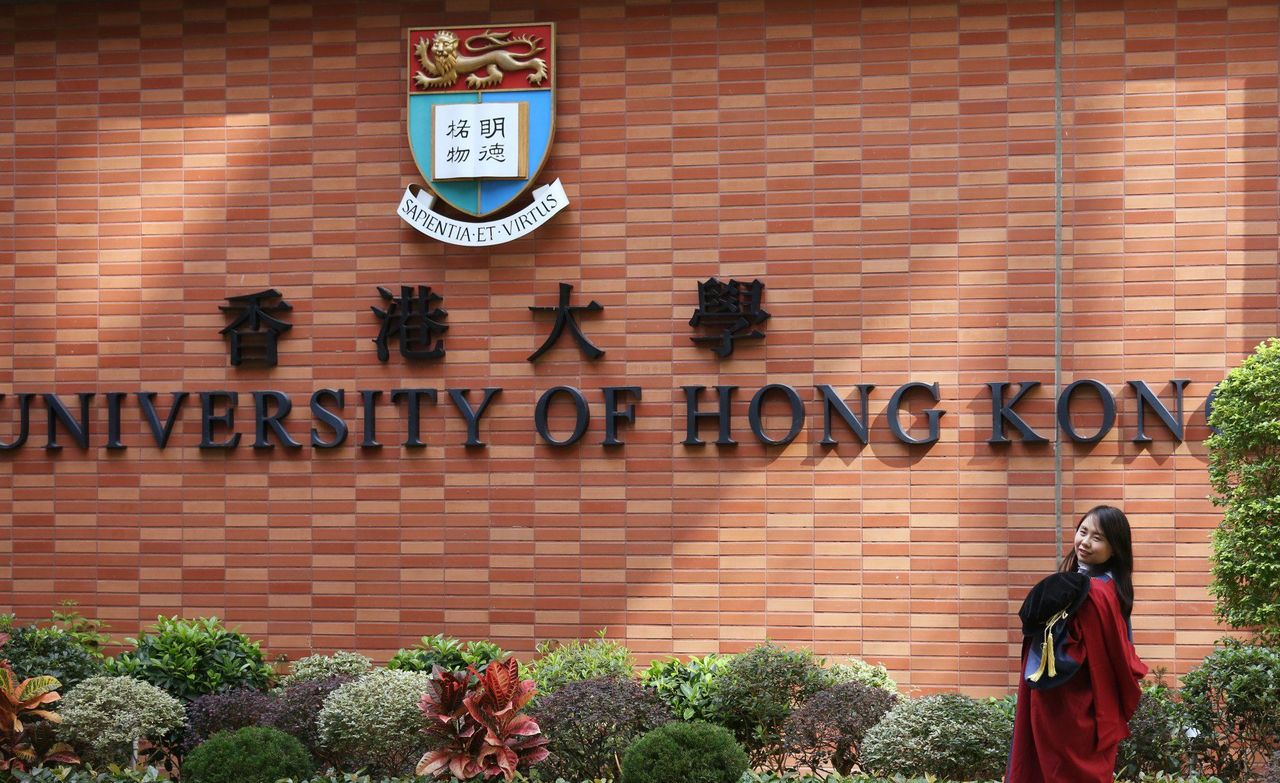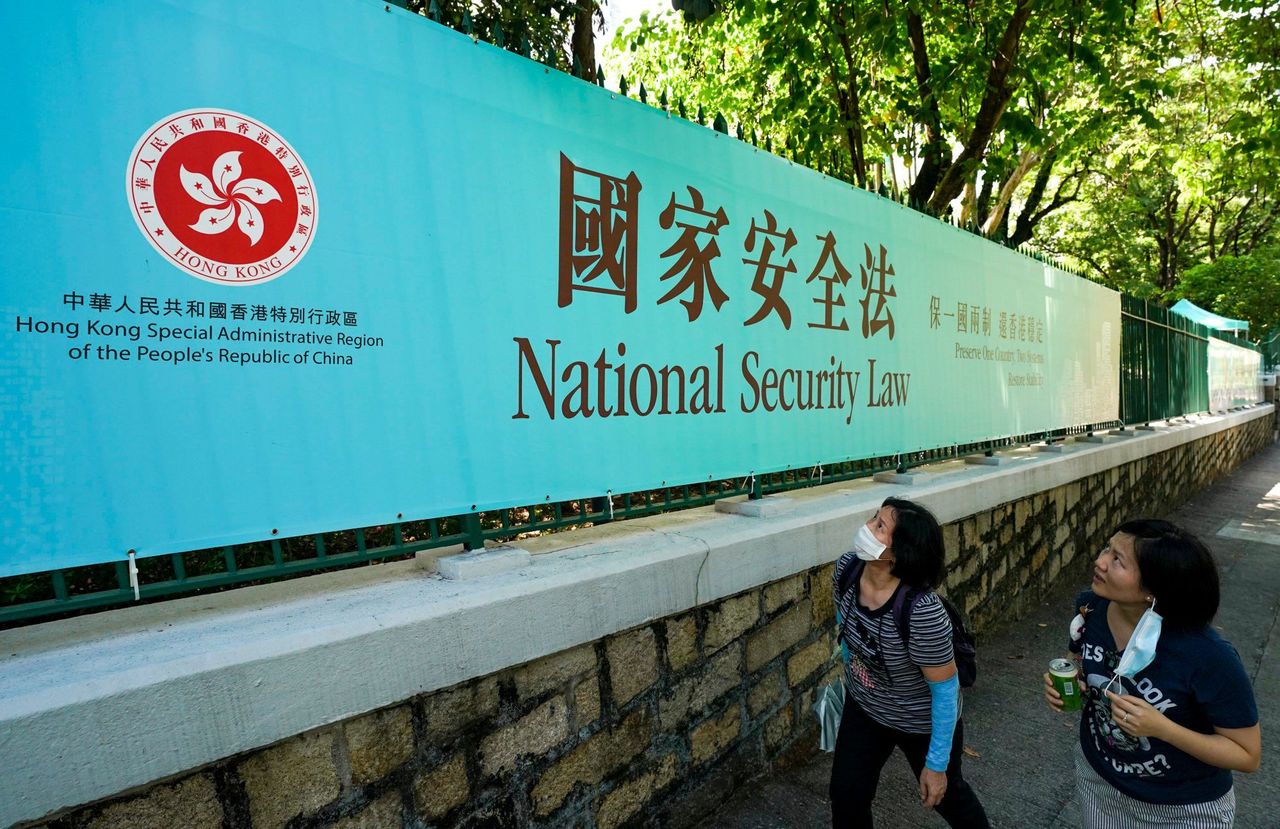Hong Kong News

Universities in Hong Kong to require students to pass national education courses
All universities in Hong Kong will require students from the current academic year onwards to pass their national education assessments to graduate, a government paper has revealed.
The Education Bureau tabled the 204-page document to the Legislative Council’s subcommittee to study the promotion of national and national security education, with the report outlining all initiatives taken by local universities to promote the subject.
One university featured in the report pledged to broadcast national achievements on TV screens across campus to help boost students’ sense of pride in their country.
Under the national security law, which was imposed by Beijing in June 2020, all higher academic institutions are required to implement national security education.
“Post-secondary education institutions are duty-bound to nurture our young generations into citizens with a sense of social responsibility and national identity, an affection for Hong Kong as well as an international perspective,” the bureau wrote in the paper tabled on Thursday evening.
“Education on the [Chinese] constitution, the Basic Law and the national security law should also form an important part of the university curriculum, with a view to nurturing students into law-abiding and responsible citizens.”
A total of 11 universities, comprising eight publicly funded institutions and three private ones, will provide compulsory national education courses to all undergraduate students from the current academic year onwards, with a passing grade required to graduate.
 Around 2,000 students have already passed the University of Hong Kong’s
national education course as of November, a government paper has said.
Around 2,000 students have already passed the University of Hong Kong’s
national education course as of November, a government paper has said.The University of Hong Kong (HKU), the city’s oldest tertiary education institution, will require more than 18,000 undergraduate students to complete a 10-hour online course covering both local and national legislation.
The course features a series of multiple-choice questions, with students needing to obtain a pass mark of 50 per cent and above.
According to the bureau document, nearly 2,000 HKU students had already passed the assessment as of November.
Meanwhile, Chinese University has implemented two online undergraduate courses, titled “Understanding China” and “Hong Kong in the Wider Constitutional Order”, which each require 40 hours of self-study followed by tests.
The Hong Kong University of Science and Technology has also provided a compulsory course on national education, which comprises three modules and requires students to sit a test for each one.
In addition to providing national education courses for undergraduates, several universities have made it mandatory for postgraduate students to study the topic.
Polytechnic University told the bureau that around 6,000 students enrolled in its postgraduate programmes would need to study a six-hour online compulsory course and complete a related assessment before graduation.
The Education University of Hong Kong said its postgraduate diploma for education studies would include elements on national security, as well as the country’s anthem and flag.
 Universities in Hong Kong are required to implement national education courses under the Beijing-imposed national security law.
Universities in Hong Kong are required to implement national education courses under the Beijing-imposed national security law.
The city’s universities also said they would offer seminars, talks, study tours and activities to help foster a sense of national identity among students.
Baptist University said it would broadcast China’s latest and most significant achievements on TV monitors across campus, explaining that the plan would “improve students’ sense of pride with the nation”.
One of the city’s private institutions, Hong Kong Shue Yan University, also said it would introduce an “online national and value education programme” next month, with more than 1,000 first-year students required to enrol.
The course aimed to “raise students’ identification with the Chinese nation and its culture, so as to cultivate positive values and attitudes such as abiding by the law and upholding national security”, the university said.
The 15-hour course would conclude with an online test, with students required to retake the assessment if they failed, it added.
However, Leo Chu Tsz-lok, the Democratic Party’s spokesman on education, said he doubted the compulsory university courses would help students to identify more with their country.
“Students might only want to get it done. The extra courses might not necessarily help build one’s national identity,” he said. “The more students are forced to do it, the more resistant they will be.”
The Legco subcommittee is set to discuss the contents of the bureau document next Tuesday.
Last year, PolyU, Baptist University and Lingnan University all made it compulsory for undergraduate students to take part in national education courses.











